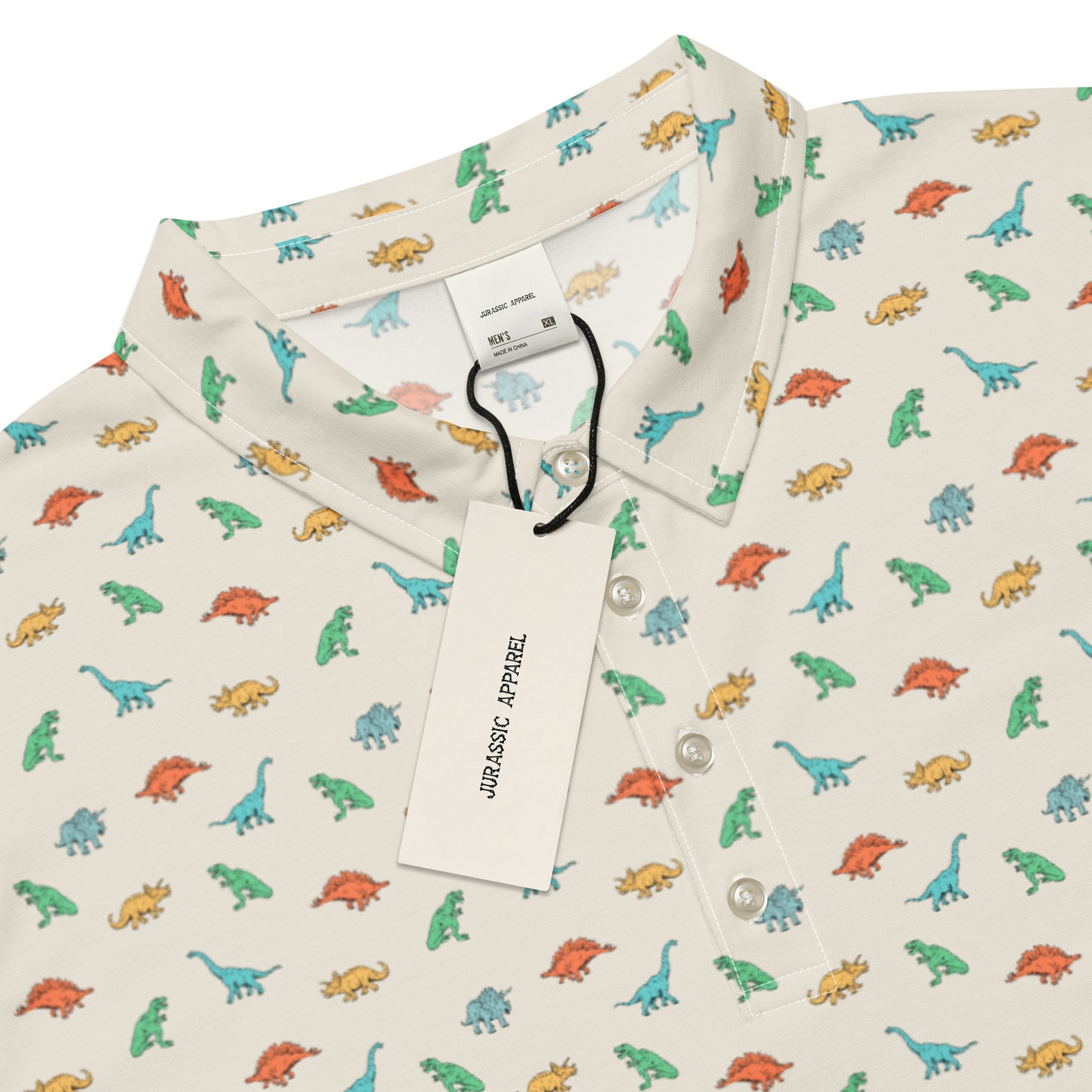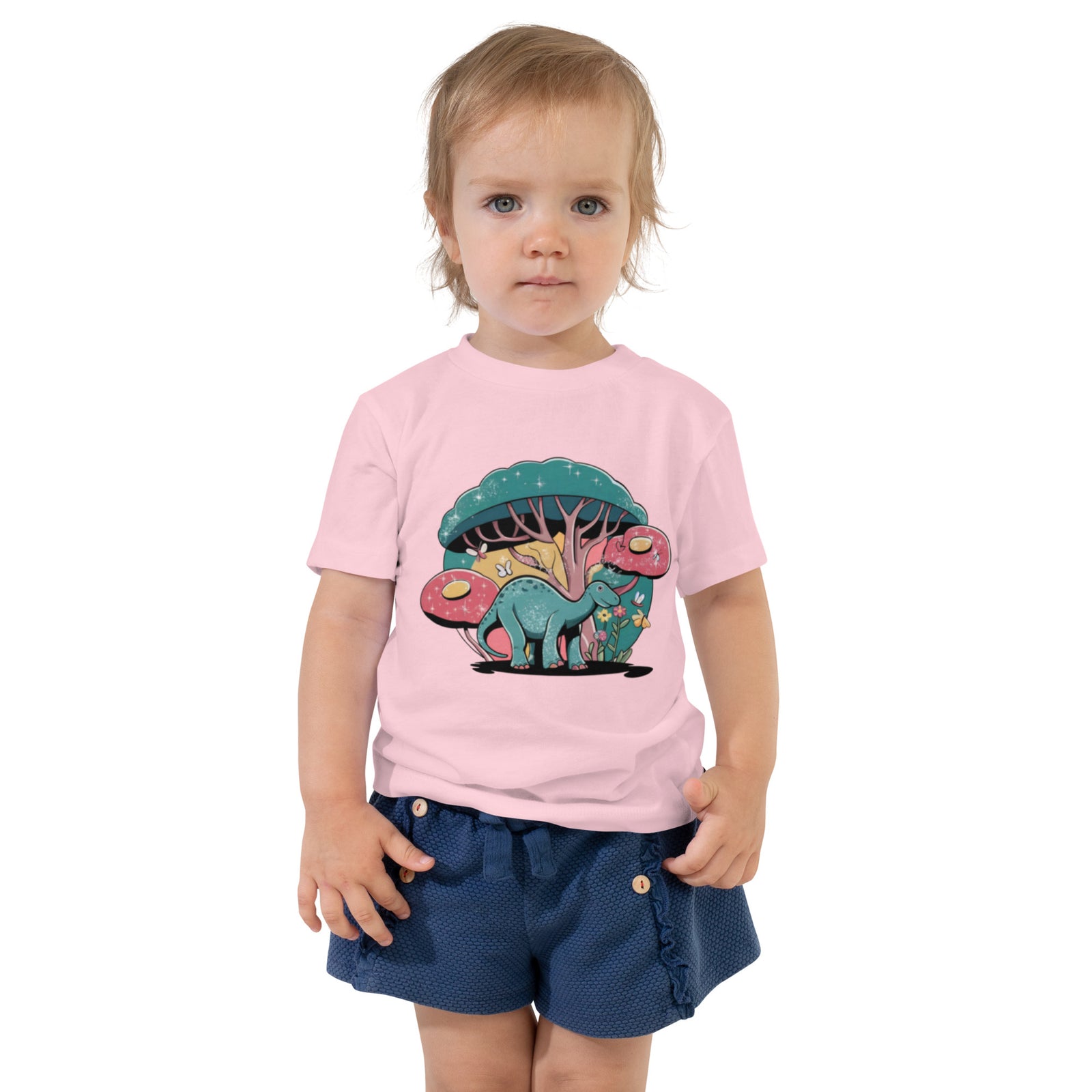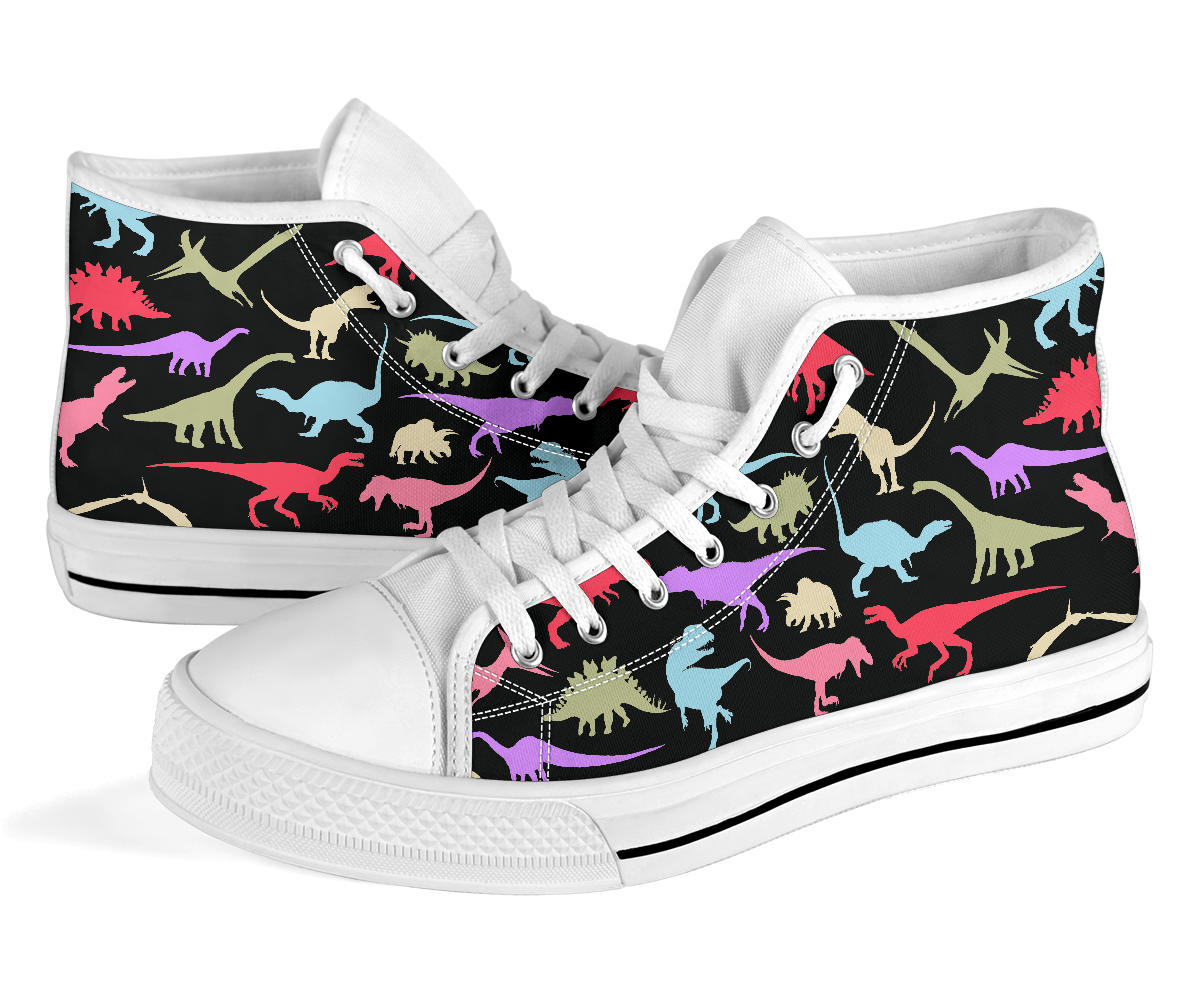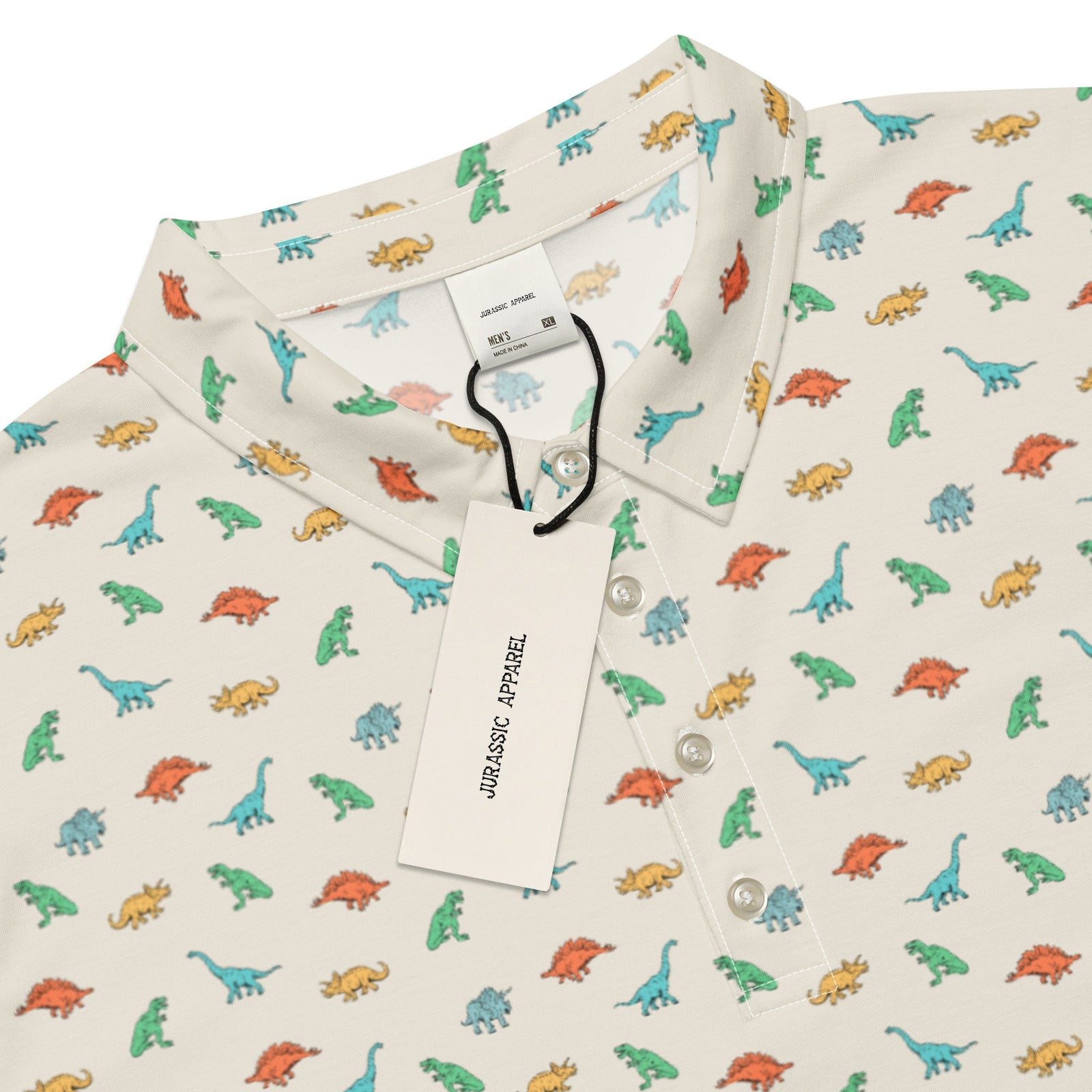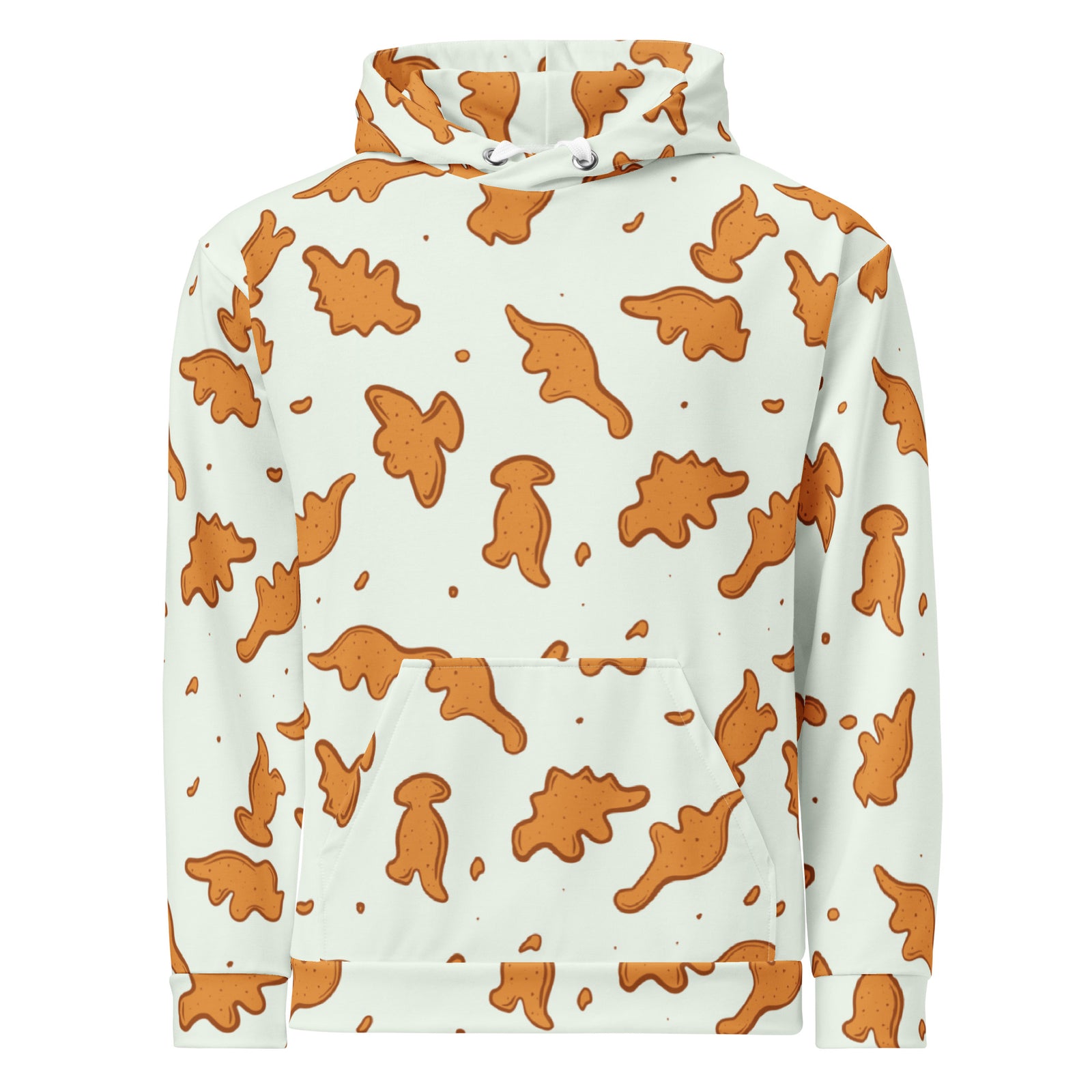Free Shipping On Orders over $75
Free Shipping On Orders over $75
Women's
Men's
Kids
Baby/Toddler
Accessories
Lophostropheus
August 05, 2024 2 min read

(AI Interpretation)
Lophostropheus: Exploring A Unique Dinosaur
Dinosaur Facts:
- Dinosaur Type: Theropod
- Period: Late Jurassic
- Diet: Herbivore
- Length: Approximately 8 meters (26 feet)
- Height: Around 3 meters (10 feet) at the hips
- Weight: Estimated to be around 2,500 kg (5,500 lbs)
- Notable Features: Long neck, robust body, unique spine structure resembling a double crest
Lophostropheus for Kids
Meet Lophostropheus!
Lophostropheus is an exciting dinosaur that lived during the Late Jurassic period, around 150 million years ago. Known for its unique features, it has intrigued paleontologists and fans alike!
What did Lophostropheus look like?
This dinosaur had a long neck and a robust body, making it quite distinctive among dinosaurs of its time. Its spine had a unique double crest which gave it a fascinating look, and it was likely covered in feathers, a characteristic seen in some theropods. The structure of its skull indicates a diet consisting of foliage from trees and shrubs.
What did Lophostropheus eat?
As a herbivore, Lophostropheus primarily fed on plants, leaves, and vegetation found in its lush habitat. Its long neck likely allowed it to reach high foliage that many other dinosaurs couldn't access.
In-Depth Look at the Lophostropheus
Anatomy and Physical Features
Lophostropheus is a unique member of the dinosaur family with its notable anatomical features. The double crest on its spine contributes to its unique profile. Its lengthy limbs and specialized feet allowed for stability and mobility in its habitat.
Behavior and Habitat
Lophostropheus roamed the fern-rich forests during the Late Jurassic period, usually in herds, which provided safety in numbers against predators. Its physical attributes and behavioral patterns suggest that it may have been well-adapted to a life among trees.
Scientific Discovery and Research
Discovered in the mid-20th century, Lophostropheus adds to the understanding of theropod diversity during the Jurassic period. Research from sources such as the Journal of Vertebrate Paleontology has highlighted its significance in understanding the ecological niche filled by herbivorous theropods.
Social Behavior and Hunting Techniques
Although primarily a herbivore, Lophostropheus likely engaged in social behaviors typical of herd animals, assisting in protection from predators while foraging for food.
Lophostropheus in Popular Culture
While not as famous as some of its dinosaur cousins, Lophostropheus has made moments in documentaries and children's literature, showcasing its fascinating body structure and lifestyle.
Ongoing Research and Discoveries
Research continues regarding the evolutionary significance of Lophostropheus in the theropod lineage. New discoveries, such as those reported in Natural History Museum, keep informing our understanding of its behavior, diet, and adaptations.
Conclusion
Lophostropheus presents a unique glimpse into the diversity of dinosaurs during the Late Jurassic period. With its notable physical structure, herbivorous diet, and intriguing social behavior, this dinosaur captivates the interest of paleontologists and enthusiasts alike. As research continues, there’s much more to uncover about this fascinating creature!


